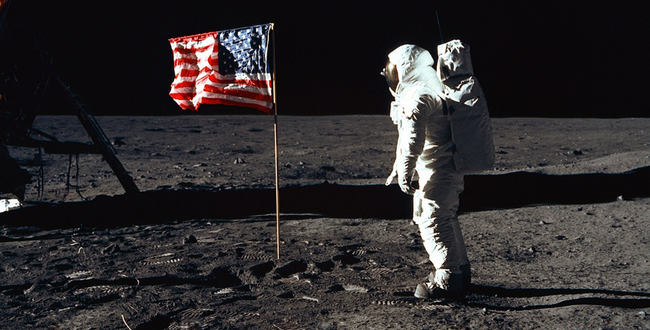Blog
Subscribe
Join over 5,000 people who receive the Anecdotally newsletter—and receive our free ebook Character Trumps Credentials.
Categories
- Anecdotes
- Business storytelling
- Collaboration
- Communication
- Corporate Storytelling
- Culture
- Decision-making
- Employee Engagement
- Events
- Fun
- Insight
- Leadership Posts
- News
- Podcast
- Selling
- Strategy
Archives
- April 2024
- March 2024
- December 2023
- November 2023
- October 2023
- September 2023
- August 2023
- July 2023
- June 2023
- May 2023
Years
173 – Knowledge can come from any source with Maria Marenco
Podcast: Play in new window | Download
Subscribe: Apple Podcasts | Spotify | RSS
Knowledge can come from any source; be cautious about what ideas you dismiss. Listen to hear how a 10-year-old girl and her mother helped Apollo 11 land on the moon and return to Earth safely.
Welcome to Anecdotally Speaking and our first episode for 2023! We kick off the New Year with a special guest, Maria Marenco. Maria is a member of the Anecdote Partner Network and describes herself as a Spanish scientist and storytelling trainer based in Stuttgart, Germany.
Mark first heard the story he shared in episode 170 – One person can change the world from Maria, and in this episode, she shares a science story.
Shawn and Mark mention the movie Hidden Figures, the story behind which Mark shared in 037 – Fortran reveals Hidden Figures.
For your story bank
Tags: consequences, experience, ideas, persistence, pressure, safety
This story starts at 04:12
Margaret Hamilton is a mathematician who studied and worked at MIT, the Massachusetts Institute of Technology.In 1961, President John F. Kennedy promised that man would land on the moon and return safely to Earth before the next decade. He tasked NASA with making it happen.NASA was founded just three years earlier, in 1958. So the organisation joined forces with MIT.
Margaret saw a newspaper advertisement recruiting individuals to work for MIT on a project called Apollo. She applied, was offered a job, and eventually became the head of software.
The software operated the computer inside the rocket. At the time, computers were huge. This computer had to be as small as possible. There was a lot of work to do in a limited time and a lot of pressure to succeed.
Margaret’s daughter, Lauren, was ten at the time. Given Margaret’s role required her to spend a lot of time in the office, Lauren often went with her.
One day, in 1968, Lauren was sitting in front of a control panel, operating a simulation. She pretended to be an astronaut, captivated by the buttons, cables and lights in front of her.
She pressed the take-off button, and the simulation gained altitude. She pressed it again, and the system crashed.
Margaret asked her what she had done, what she had pressed. The computer crashed because Lauren had asked it to do two things at once.
Margaret worried that something similar could happen outside of the simulation. She decided she needed to change the software so the computer could prioritise and focus on what mattered most.
The next day, MIT and NASA held a meeting. Margaret spoke about the issue, but her colleagues weren’t concerned. They commented on how well-trained astronauts are compared to a ten-year-old and said there wasn’t enough time. She left the room feeling powerless.
One month later, Apollo 8 took off, and the exact same thing happened. One of the astronauts pressed the take-off button after the rocket had gained altitude. They reacted in time to land back on Earth without anyone getting hurt, but they had to abort the mission.
One hour later, Margaret received a call giving her permission to change the software. The changes became critical, preventing crashes and saving lives.
When Apollo 11 was about to land on the moon, there was a problem. “Houston, we have a problem,” was announced. But Margaret, watching from Earth, saw the software do what it was supposed to. The computer received a hardware malfunction signal, but the software focused on landing safely.
About Anecdote International
Anecdote International is a global training and consulting company, specialising in utilising storytelling to bring humanity back to the workforce. Anecdote is now unique in having a global network of over 60 partners in 28 countries, with their learning programs translated into 11 languages, and customers who incorporate these programs into their leadership and sales enablement activities.
